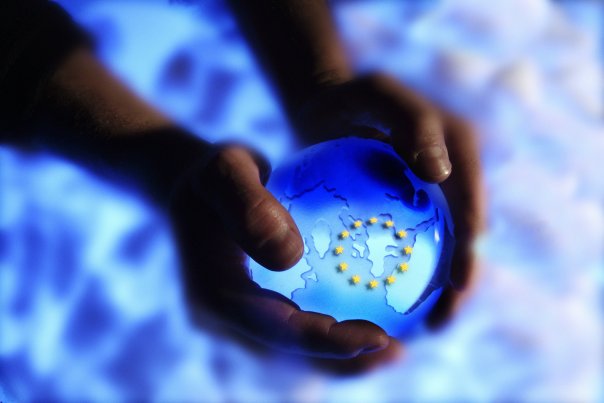
From Emma Bonino, Radoslaw Sikorski, José Manuel García-Margallo y Marfil and Carl Bildt, European Voice: The time has come to engage in a new strategic discussion, taking into account the immense changes in Europe and the rest of the world during the last decade. And in a world moving towards hyper-connectivity in the entire realm between outer space and cyber-space, and with age-old sectarian tensions resurfacing, we need to think broader and afresh. The EU must take decisive steps to strengthen its act on the world stage.
What we need now is a more comprehensive and integrated approach to all components of the EU’s global profile, doing away with the artificial distinction between ‘internal’ and ‘external’ security. To name just a few themes among many possible ones, we badly need a common strategic approach to issues concerning energy security, climate negotiations, the management of migration flows and cyber issues.
This is why Poland, Italy, Spain and Sweden asked national think-tanks to come up with elements for a European Global Strategy. These four think-tanks have then built a network of 24 associated institutes, conducted seminars and conferences, and stimulated discussion all over Europe.
Their report – which was recently presented in Brussels – is a contribution to the strategic debate within the EU. At the same time, it is not the final answer. Bringing together all strands of European Union external action into one strategic framework is no easy task, especially as we are not always used to thinking about external opportunities and challenges in European terms.
The debate – which is useful in itself – should continue. New ideas and concepts should be presented and discussed. We therefore welcome the idea of a conference, organised towards the end of this year under the auspices of Lithuania’s presidency of the Council of Ministers. This conference will bring together the proponents of strength-ening Europe’s global role in the world.
The work on EU ‘hardware’ is important enough. But it should go hand in hand with efforts to update the ‘software’ of the European Global Strategy, so that as we emerge – hopefully – from the doldrums of the aftershocks of the 2008 financial crisis, we will have a Europe better fitting the global century that we have already entered.
Emma Bonino, Radoslaw Sikorski, José Manuel García-Margallo y Marfil and Carl Bildt are the foreign ministers of, respectively, Italy, Poland, Spain and Sweden. (graphic: Center for Eurpean Studies, Bangkok)
Image: ces%20thai%207%208%2013%20EU%20global.jpg
